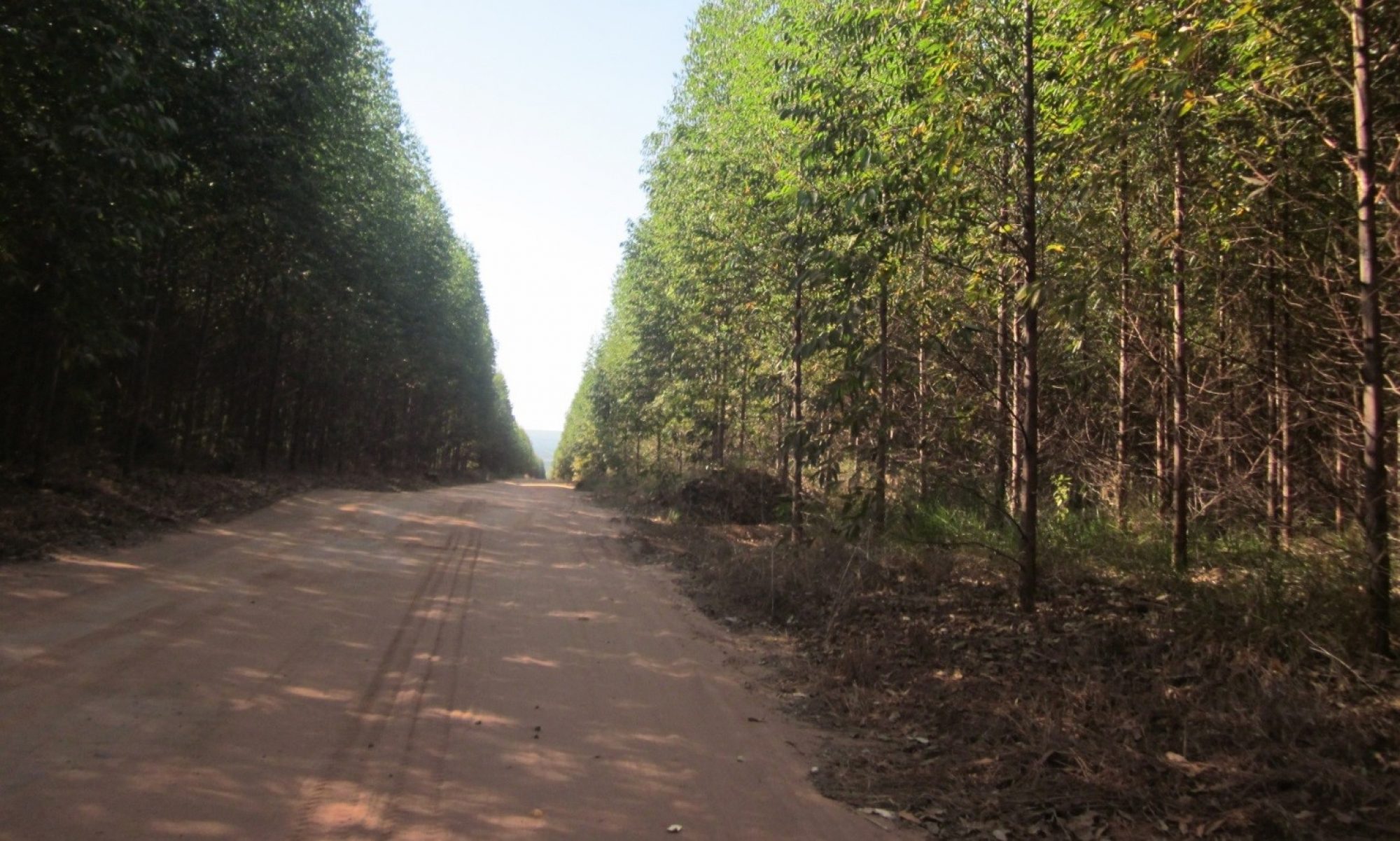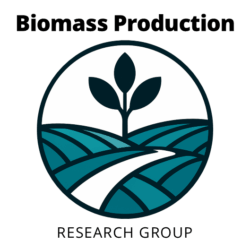Course structure
Welcome to the course! The course focuses on the different aspects of biomass production for different purposes within the bioeconomy. The course will include several lectures structured around the main topics of the course. Each of the lectures will include readings and materials, in order to facilitate the student the understanding of the contents of the lectures and to expand the views hold by the instructor. At the end of the course there will be a final exam as well as practical group assignments.
The lectures are structured in main topics, related to the role of policies, market establishment and analysis, economic instruments and governance of bioenergy markets. Although each session is intended for one lecture, often it is developed throughout several sequential teaching hours, depending on the time table of each year and the course needs.
1. Introduction to Forest Biomass
Oil crisis – Wood-fuels in the past – Technology and efficiency
2. Biomass resources
Biomass feedstocks- bulk density – heating value – sources
3. Production and operations
Skidders, harvesters and forwarders – Forest machinery – Forest operations
4. Biomass supply chains
Logistics – Moisture content – Spatial optimization
5. Biomass production systems
Rationale of energy crops – overview and limitations – current role
6. Energy crops and plantations
Wood plantations – reed canary grass – management details – production levels
7. Multi-functional systems
Environmental effects – phytoremediation – Enköping wastewater system
8. Methodological and technical approaches
Local and global estimates – how much biomass? – review of estimates
9. Energy production
CHP – central district heating – domestic heating – pellets – estimating heat demand
10. Conversion processes
Technological approach – gasification – fluidized bed
Requirements and evaluation
Grading is from 0 to 5, with 1 being the minimum to pass the course, as standard in the UEF courses. 70% of the grade results of the final exam, and 30% of the assignments presented in the practical lectures. The assignments are obligatory to pass the course.
Teaching Methods
- Development of knowledge on the topic
- Pre-readings and open discussion of the topics
- Development of skills and practical knowledge
- Generation of new information and make it available

